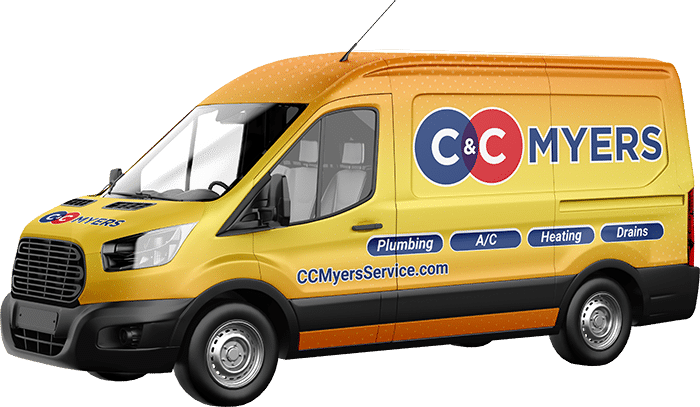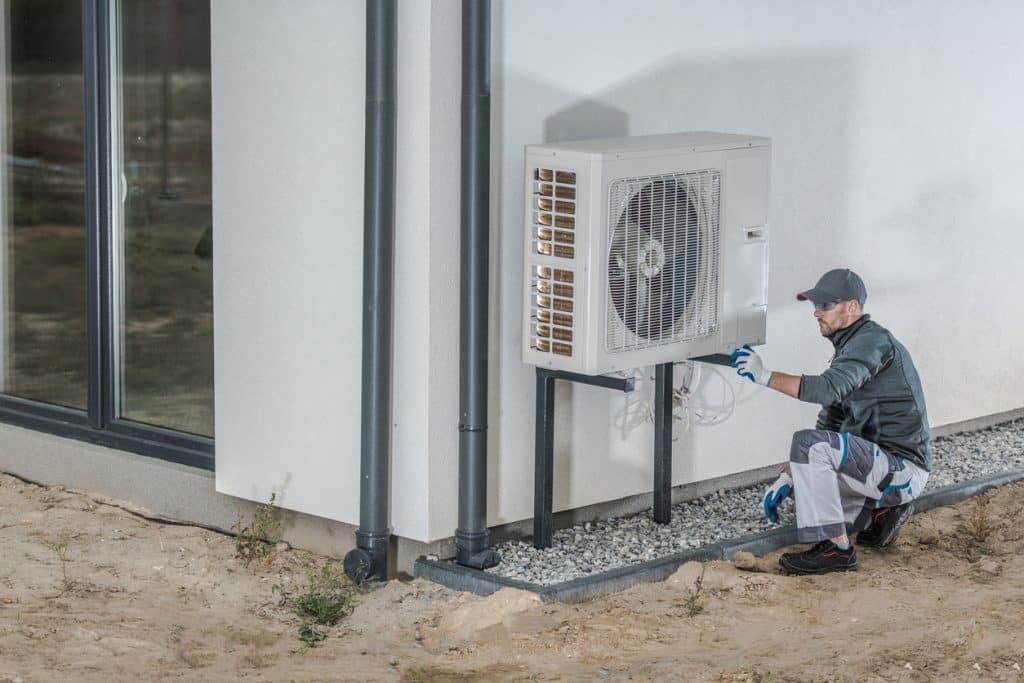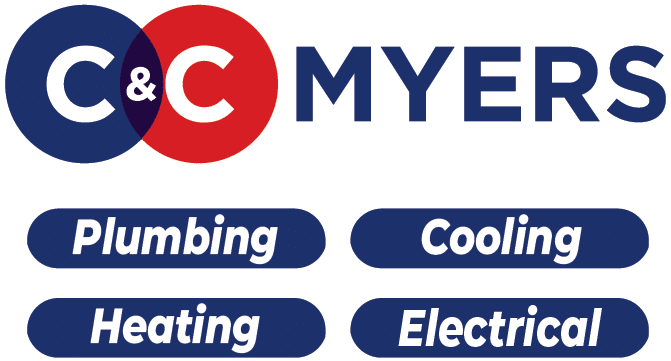Heat pumps offer an eco-friendly and efficient way to keep your home warm and cozy. But, like other outdoor equipment, heat pumps can face challenges during winter, and this can hugely affect their performance. The guide below offers practical tips for keeping your system operating efficiently all winter.
1. Do Not Cover the Heat Pump
One mistake most homeowners make is covering their heat pumps. Heat pumps are designed to stand up to various outdoor conditions; hence, it is needless to cover them. In fact, covering your system may do more harm than good. Over time, pests might make it their home, not to mention mold starting to grow all over the unit. Instead of covering your heat pump, set it in the defrost mode to allow maximum efficiency.
2. Defrost Mode Should Not Leave You Concerned
Most homeowners do not like leaving their heat pumps in defrost mode. However, defrosting the components of your system might be necessary if you want it to perform efficiently. The only thing you should note is that the cycle is often short, and your system may need heating repair services if it stays in it for an extended period.
3. Equip Your Heat Pump With a Smart Home Thermostat
Having the temperature settings of your heat pump in the 90s will not help heat your home any faster. The only thing it may lead to is more energy being burned, especially if your heat pump has an emergency heat backup. Instead of cranking up the system’s temperature settings, be sure to equip it with a smart home thermostat designed particularly for use with a heat pump system.
A smart home thermostat works by turning off the system when you are not around to ensure maximum comfort and allow you to save as much as possible. It also makes it easy to develop a schedule to create a cozy and warm home that is inviting to stay in. You can have a professional technician equip your system with a smart home thermostat.
4. Keep the System’s Filter Clean
The reason for keeping the filter clean is that a dirty filter takes more work in order for the heat pump to move air. A clean filter, on the other hand, ensures good indoor air quality and helps extend the lifespan of the system. It is also recommended that you regularly clear way debris and any dead leaves or twigs that are near your system.
In conclusion, the two common types of heat pump systems are ground-source heat pumps (GSHPs) and air-source heat pumps (ASHPs). It is important to know the type of heat pump you have at home because this makes it easy to come up with specific maintenance requirements.
While these heat pumps may have different ways in how they extract heat, cold temperatures often lower their efficiency. Therefore, in addition to the above tips, you should organize a regular maintenance schedule. Call C&C Myers today for assistance with heat pumps in Charleston, SC.




